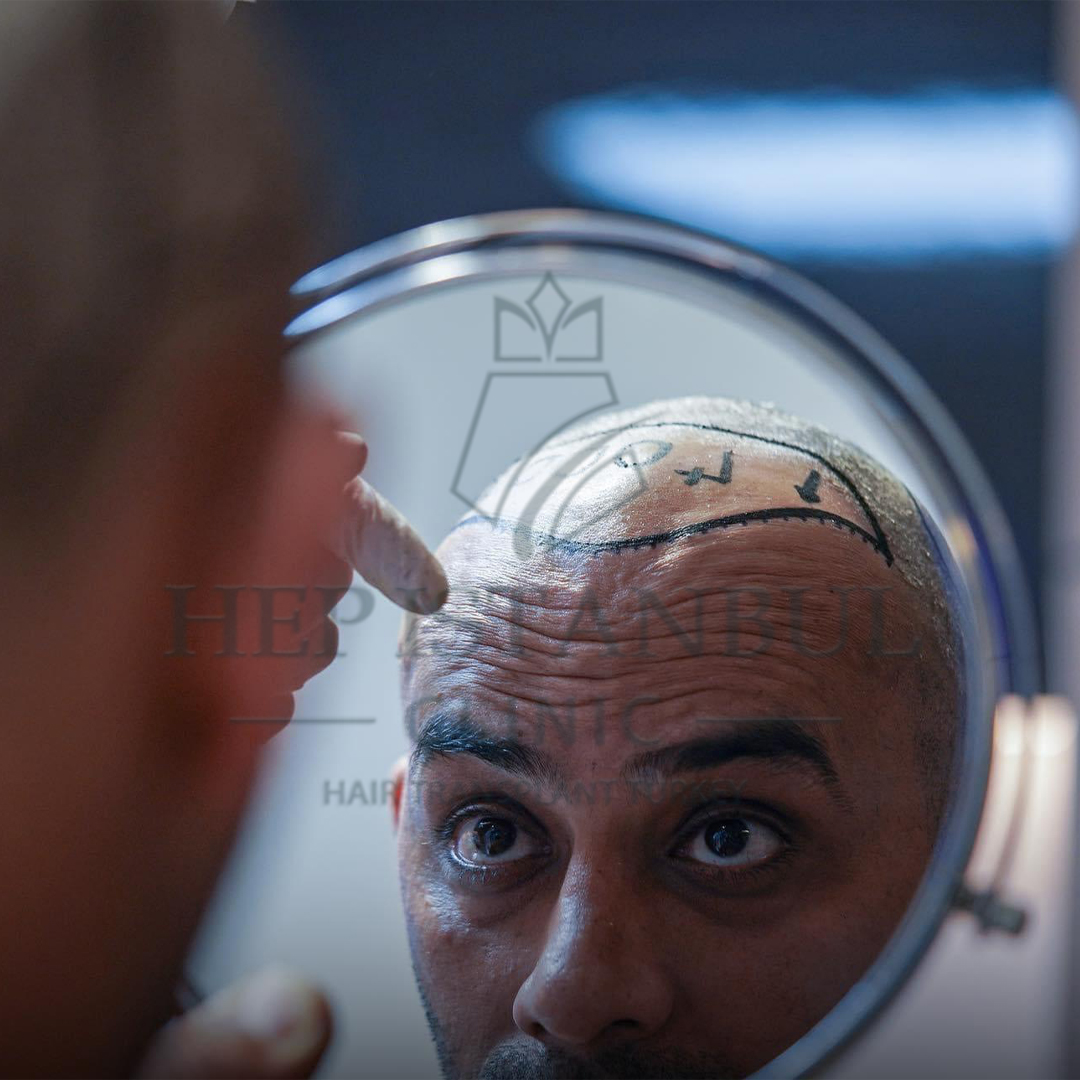Hair transplantation is a surgical procedure aimed at transferring hair follicles from one area of the scalp to another. However, there are some conditions that may make a person not suitable for hair transplantation:
- All-round baldness: If a person suffers from all-over baldness in all areas of the scalp, there may not be enough healthy hair follicles for a transplant.
- Chronic health problems: Some chronic diseases, such as uncontrolled diabetes, heart disease, and blood disorders, can increase the risk of surgical complications and make the hair transplant procedure unsafe.
- Psychological instability: People who suffer from severe or unstable psychological problems may not be good candidates for surgery.
- Scalp infections or diseases: The presence of skin infections or diseases in the scalp can hinder the hair transplantation process and affect its results.
- Insufficient donor area: If the donor area (back or side part of the scalp) does not contain a sufficient amount of healthy hair, it may not be possible to perform a hair transplant.
- Unrealistic Expectations: People who have unrealistic expectations about hair transplant results may not be good candidates, as this can lead to disappointment and dissatisfaction with the final results.
It is important to consult a hair transplant specialist to evaluate the condition individually and determine whether the procedure is appropriate or not.

